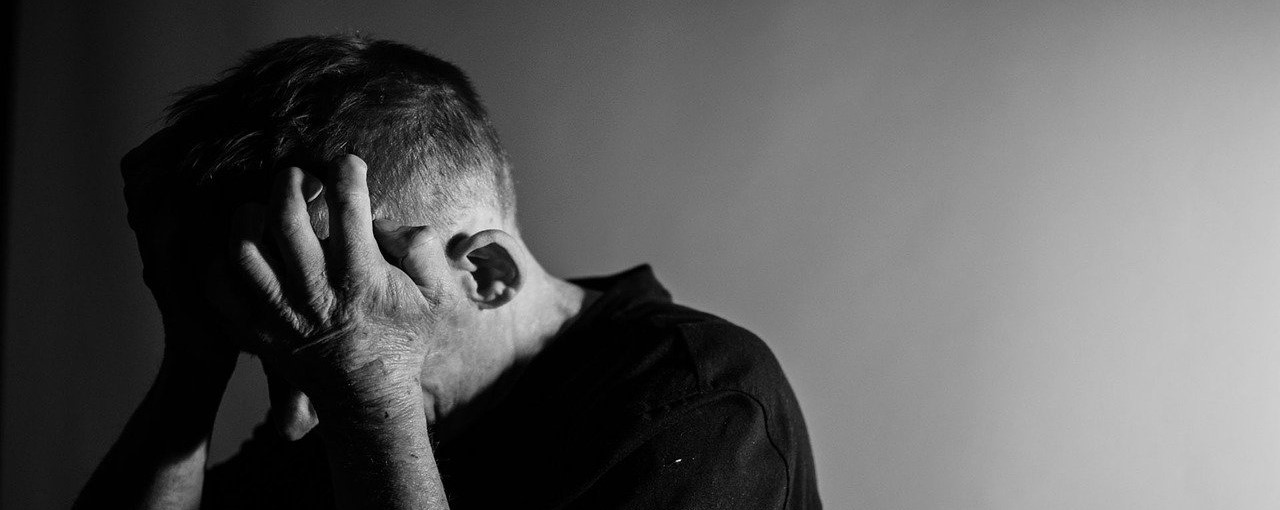How Do I Forgive Someone When I Still Feel Resentful?
Question: In Islam, we are encouraged to forgive those who have wronged us. However, as humans, what if we still feel resentful towards those who have wronged you or your family multiple times.
Answer:
Assalamu alaykum,
Thank you for your question. There is no question that this dunya (this world) is not perfect and that everyone will inevitably cross paths with obnoxious and difficult people. Islam teaches us to forgive and forget while being vigilant and not accepting abuse.
Abuse
The Prophet, Allah bless him and grant him peace, said, “There should be neither harming nor reciprocating harm.” [Ibn Majah] This means that one must not harm others, but one must also never accept harm or abuse. Every Muslim’s property, integrity, reputation, and life should be preserved and treated inviolably.
If one is suffering at the hands of an abuser or troublemaker, one should take steps to avoid the person, ask them to stop, and distance oneself from them, such as restricting themselves to merely giving them salams, as is their right as a Muslim. Most importantly, one should see that Allah has sent the problematic person, and He, Most High, awaits a correct reaction from you. The person in question is just an instrument that Allah is using.
The Heart
Now the above being said, one may not harbor grudges or ill feelings towards other Muslims, but only toward their actions. We, as Muslims, do not hate each other, but we hate actions that Allah hates. This means that if such-and-such troublemaker becomes pious and repentant one day, one will gladly keep their company as their actions have changed and one never hates the person anyway.
The Prophet, Allah bless him and grant him peace, said, “Do not harbor a grudge against one another, nor jealousy, nor enmity, and do not show your backs to one another, and become as fellow brothers and slaves of Allah. It is not lawful for a Muslim to avoid speaking with his brother beyond three days.“ [Bukhari & Muslim]
Forgiveness
Be avid to forgive, because this is one of the means through which Allah elevates his servant. The Prophet, Allah bless him and give him peace, said, “Charity does not decrease wealth, no one forgives another except that Allah increases his honor, and no one humbles himself for the sake of Allah except that Allah raises his status.“ [Muslim]
One should practice forgetting and forgiving as a way to purify one’s heart, as Allah refers to those who are successful on the Day of Judgment as the purified ones. One should also do it to teach this great quality to one’s children. Being petty and resentful shows that the believer is lacking in refined character, which is the heaviest thing on the Day of Judgment. How can one expect Allah to forgive one if one cannot forgive others?
Resources
Please see these excellent answers and follow the tips therein:
https://seekers.flywheelstaging.com/tag/grudges/
https://seekers.flywheelstaging.com/answers/how-do-i-get-rid-of-bad-feelings-toward-someone/
https://seekers.flywheelstaging.com/answers/general-counsel/how-do-we-maintain-family-ties-with-bloodthirsty-relatives/
https://seekers.flywheelstaging.com/answers/general-counsel/a-reader-on-patience-and-reliance-on-allah/
May Allah reward you with every good in this world and the next and allow us all to meet Him with our hearts purified.
[Ustadha] Shazia Ahmad
Checked and Approved by Shaykh Faraz Rabbani
Ustadha Shazia Ahmad lived in Damascus, Syria for two years where she studied aqidah, fiqh, tajweed, tafseer, and Arabic. She then attended the University of Texas at Austin, where she completed her Masters in Arabic. Afterward, she moved to Amman, Jordan where she studied fiqh, Arabic, and other sciences. She recently moved back to Mississauga, Canada, where she lives with her family.
